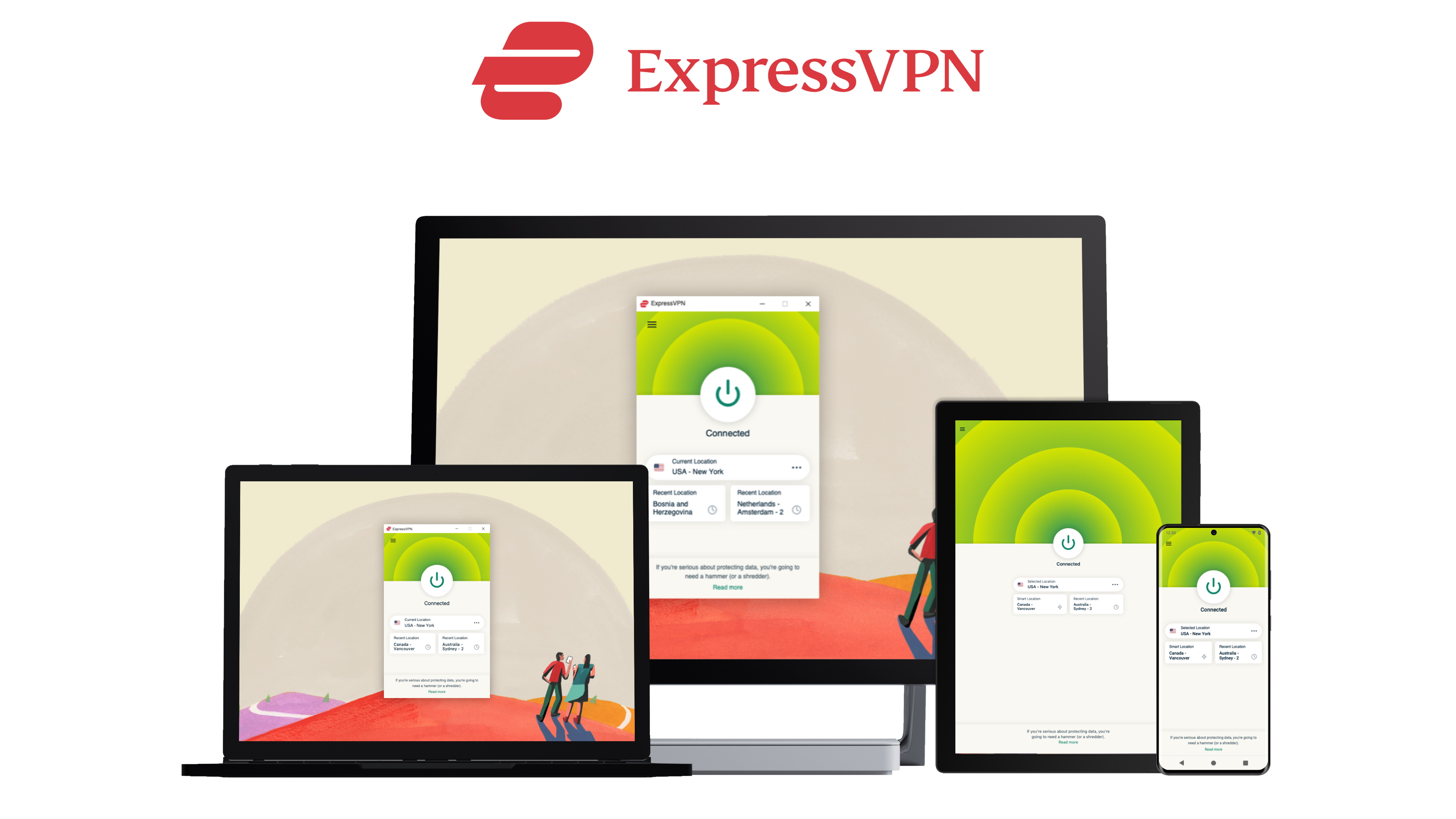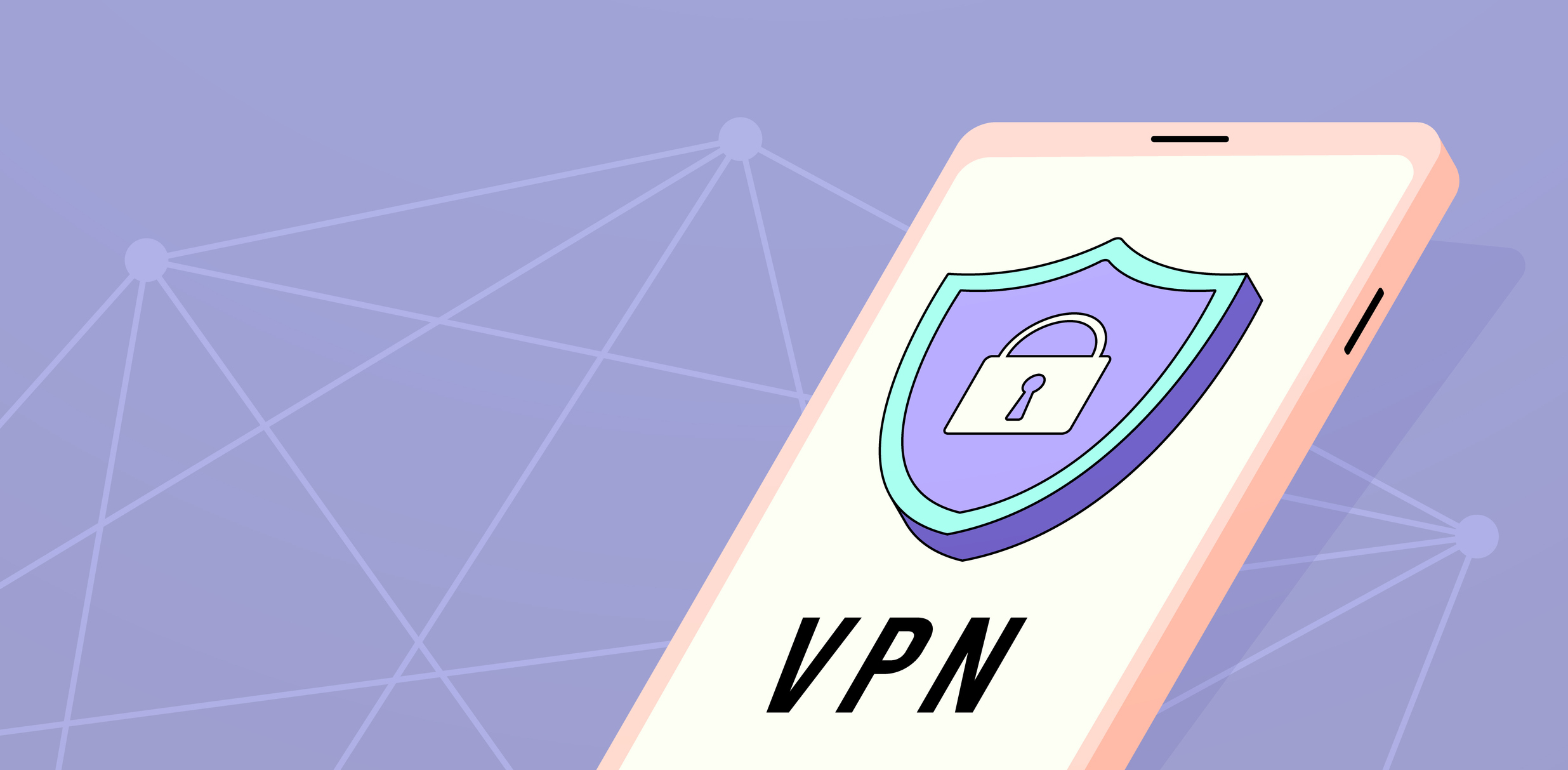Forget IP rotation, ExpressVPN promises to go even further
You get a different IP for every website you visit with ExpressVPN

The ability to mask user IP addresses is one of the main reasons why so many people around the world are increasingly using VPN services. One of today's best VPN apps, however, recently took this feature a step further.
ExpressVPN doesn't just spoof your real IP. It also automatically gives you a new random IP every time you access a different website or web server, without the need to change your server location. As a result, the provider explains, it's even more difficult for authorities or attackers to link your online activities to a specific server.
So-called ShuffleIP is one of the core components of ExpresssVPN's infrastructure – meaning you don't need to pay extra to use it. The provider also argues that, while some competitors offer a similar feature, ShuffleIP is a "more protective" dynamic IP assigning method.
ExpressVPN ShuffleIP: how does it work?
As Pete Membrey, Chief Engineering Officer at ExpressVPN, explains in a blog post, most of the provider's VPN servers are linked with a pool with a few dozen IPs located in that location rather than just a single one.
Each time you initiate a connection with a website or web server, ExpressVPN randomly assigns an IP from this pool – also known as a swarm. This means that your ISP (internet service provider), for instance, will see a different IP for every site you visit even though you haven’t changed your ExpressVPN location.
This automatic reassignment of IPs complicates any form of traffic analysis.
Pete Membrey
"This makes it exceedingly difficult for any observer, even those with access to the user’s device, to track and link the user’s activities to specific remote servers or build a profile based on the user’s browsing habits," Membrey explains.
On mobile, the protection goes even deeper. After a few seconds, the VPN system automatically shuts down the connection with an app in the background. As soon as you reopen the application, the app reconnects and ExpressVPN assigns you a new IP address for that connection.
"This automatic reassignment of IPs (via ExpressVPN’s ShuffleIP feature) complicates any form of traffic analysis, as each app’s connection regularly receives a new and random IP," said Membrey.
It's worth mentioning, though, that not all ExpressVPN servers integrate ShuffleIP. These include its virtual locations, which use one IP each. Despite this, the provider promises to employ the same strong encryption protocols and strict no-log policy across its entire network.
Dynamic IP: ExpressVPN vs competitors
As I mentioned earlier, ExpressVPN isn't the only provider to dynamically change IP addresses.
Surfshark, for instance, is one of the industry's most reliable services and also offers IP rotation. If enabled, Surfshark's software will change your IP every 5 to 10 minutes.

Check out our guide to how VPNs work for a jargon-free explanation of these handy tools.
According to Membrey, however, this method creates identifiable patterns that could be linked back to the same person. He believes it would arguably be more secure not having rotation at all as a continuous IP address is always shared with multiple users anyway.
He said: "ShuffleIP’s approach is more dynamic and unpredictable. Each outgoing connection to a web server or website is assigned a different IP from the swarm, ensuring that even if the same IP address is reused during a session, the overall anonymity is significantly enhanced."
ExpressVPN also promises that ShuffleIP doesn't impact performance. That's because, while each connection to a web server or website is assigned a different IP, the session itself remains stable.
Disclaimer
We test and review VPN services in the context of legal recreational uses. For example:
1. Accessing a service from another country (subject to the terms and conditions of that service).
2. Protecting your online security and strengthening your online privacy when abroad.
We do not support or condone the illegal or malicious use of VPN services. Consuming pirated content that is paid-for is neither endorsed nor approved by Future Publishing.

Chiara is a multimedia journalist committed to covering stories to help promote the rights and denounce the abuses of the digital side of life – wherever cybersecurity, markets, and politics tangle up. She believes an open, uncensored, and private internet is a basic human need and wants to use her knowledge of VPNs to help readers take back control. She writes news, interviews, and analysis on data privacy, online censorship, digital rights, tech policies, and security software, with a special focus on VPNs, for TechRadar and TechRadar Pro. Got a story, tip-off, or something tech-interesting to say? Reach out to chiara.castro@futurenet.com